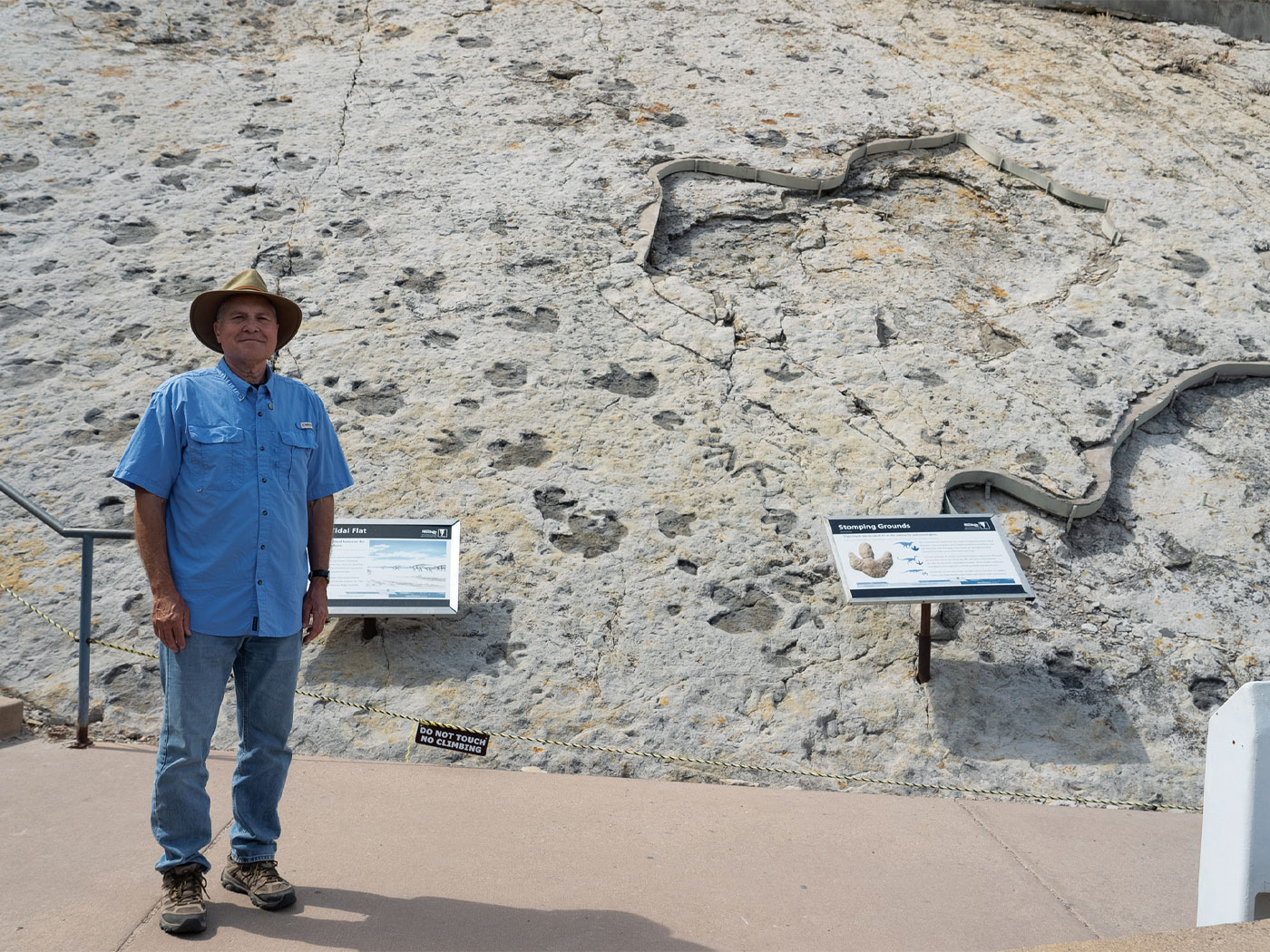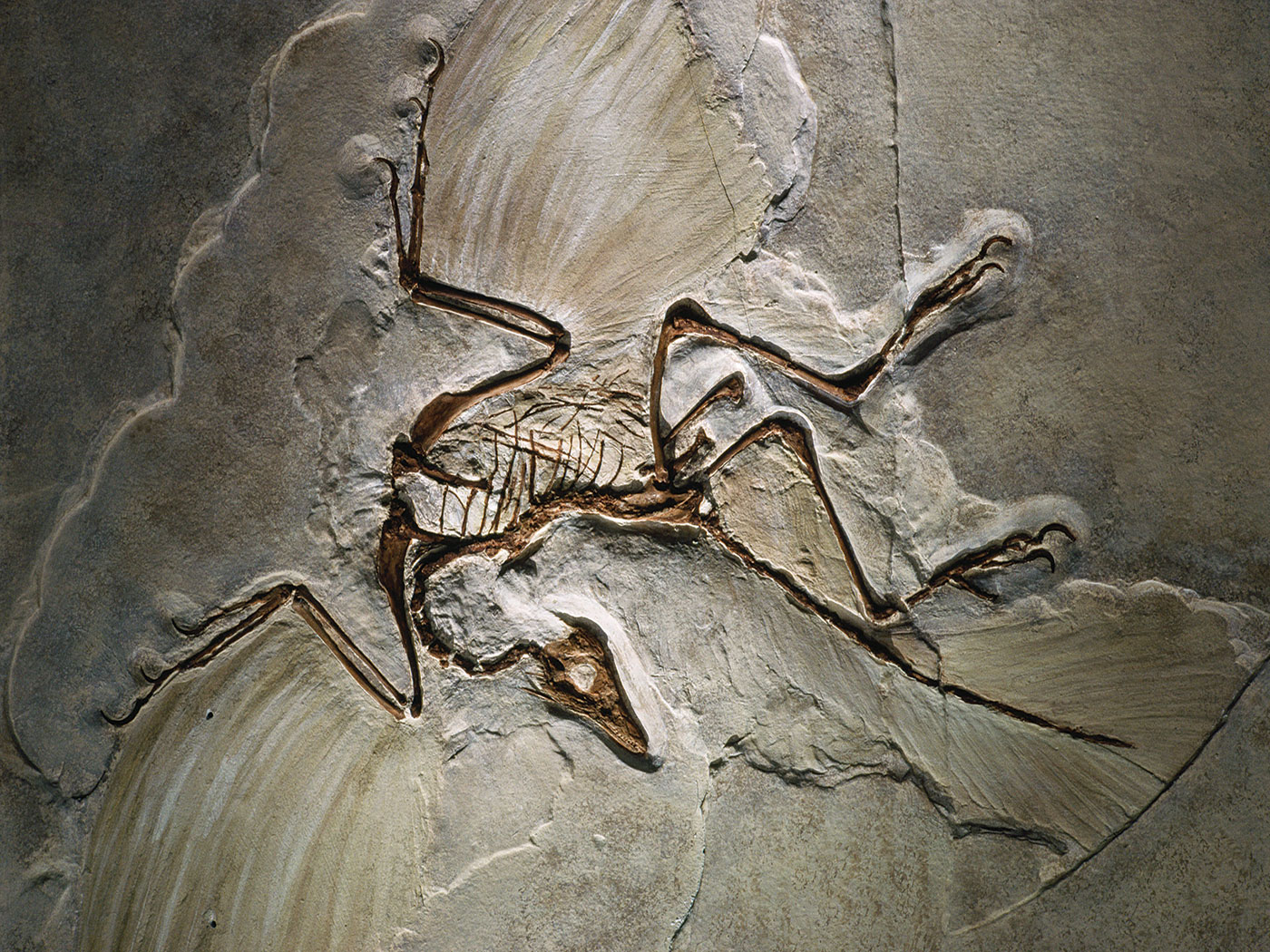Perhaps the most difficult challenge for Darwinists to explain is the fact of life. They ask how non-living chemicals became the first living cell, but this question relies on two bad assumptions. A refreshing new idea from within the evolutionary community boldly confronts one of these, but it leaves the other bad assumption intact.
The first bad, and fairly common, assumption of origin-of-life researchers is that the question can be answered in terms of chemistry. That is, if one can deduce ways in which natural conditions produce life's chemical building blocks, then this would solve the problem. Not so, says a new paper on the subject, which appears in the Royal Society journal Interface. The researchers wrote,
We need to explain the origin of both the hardware [biochemical] and software [coded information] aspects of life, or the job is only half finished. Explaining the chemical substrate of life and claiming it as a solution to life's origin is like pointing to silicon and copper as an explanation for the goings-on inside a computer.1
The authors recognized that living cells need more than just their parts—they need at least two levels of information. One level is the blueprint specifying the construction of a new cell. Another level is a "supervisory unit" that specifies when the blueprint's information should be accessed and when the blueprint should be copied. These roles, and many others, are filled by an array of biological machines in living cells.
"In a nutshell, the authors shift attention from the 'hardware'—the chemical basis of life—to the 'software'– its information content," according to Arizona State University News.2
It is nice that evolution scientists are finally catching up with what creation scientists have long recognized—the origin of life must account for the origin of information.3
Although this represents a large step toward correct thinking, the Interface study authors fell short of drawing a completely creation-friendly conclusion. They exposed one bad assumption but left another one alone.
The second bad assumption in the question, "How did non-living chemicals become the first living cell?" is that natural processes alone can explain life's origin. This stems from religiously-held beliefs, not from scientific observation. The study authors wrote,
While we have stressed that Darwinian evolution lacks a capacity to elucidate the physical mechanisms underlying the transition from non-life to life or to distinguish nonliving from living, evolution of some sort must still drive this transition.1
Why must evolution drive the supposed "transition" from disorder to specified, coded information in cells? The researchers gave no answer but wrote, "How this transition occurs remains an open question."1 Apparently, they were only open to Darwinian answers.
The truth is that unintelligent evolution had no role in the origin of life. In fact, information science and physics have clearly demonstrated that the only way for new information to enter a physical system is from an intelligent source.4 But in the case of cells, that would have to be God, and God is not permitted in secular scientific discussions.
It is nice to see that a few secularists are willing to challenge the big, but bad, assumption that life is merely chemistry. But neither that nor the assumption that life must have come from nature is scientific or accurate. In fact, scientific observation leaves creation as the only viable explanation for life.
References
- Walker, S. I. and P. C. W. Davies. The algorithmic origins of life. Interface. Published online before print December 13, 2012.
- ASU researchers propose new way to look at the dawn of life. Arizona State University News. Posted on asunews.asu.edu December 12, 2012, accessed December 26, 2012.
- See related articles in Only God Could Have Made Cells. Posted on icr.org.
- Gitt, W. 2011. Without Excuse. Atlanta, GA: Creation Book Publishers.
* Mr. Thomas is Science Writer at the Institute for Creation Research.
Article posted on January 4, 2013.













